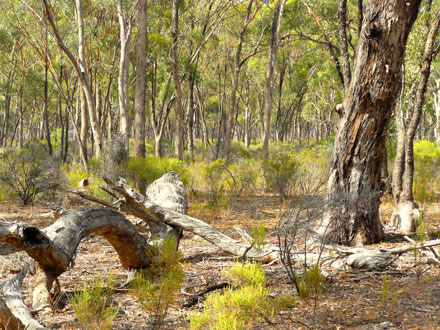
Many New Zealand farmers are failing to take advantage of the income to be gained from trading carbon credits in farm forestry. Source: Stuff NZ
Carbon credits for forestry are too complicated for most farmers to take advantage of, according to former NZ Farm Forestry Association president and South Canterbury farmer Ian Jackson.
He was commenting on big rises in New Zealand carbon prices, which have almost doubled to NZ$18 a tonne after languishing as low as NZ$2.50 only two years ago.
“We are yet to see an increase in interest in farm forestry because most people wouldn’t have a clue about carbon credits,” he said.
“But there is a real market and a real opportunity for people in carbon trading if they get expert advice.”
Because forests act as carbon sinks, farmers can earn carbon credits by storing carbon in their forest land.
Carbon credits can be sold to generate an additional revenue stream, enabling return on the investment sooner.
Carbon credits can also offset other business activities to achieve carbon-neutral status.
A report from the Global Agricultural Information Network highlighted the rapid lift in carbon prices in New Zealand.
It also anticipated the previous downturn trend in forest plantings may be poised for a turnaround as the carbon prices approach NZ$20 a tonne.
Mr Jackson said timber prices were healthy on the back of the export market. Sixty percent of New Zealand’s total cut is exported and half of that goes to China. China uses 60,000 tonnes of timber a day and half of that comes from New Zealand.
Meanwhile log prices have remained relatively firm, sitting NZ$15 a tonne above their five-year average with some strong price signals over the past year from traditional markets, including China and increasingly India and South Korea.
As of May, export values were up 6% on a year-to-year basis.
Bayley’s forestry specialist Mark Dawes said that depending on roading and track access, wood lots on sheep and beef farms were becoming a value added feature of farms.
They offered a commodity source of income to help balance the cycles experienced in meat and fibre income, he said.
Mr Jackson encouraged farmers to look towards the economic benefits of farm forestry. It could help with retirement and succession planning, he said.







